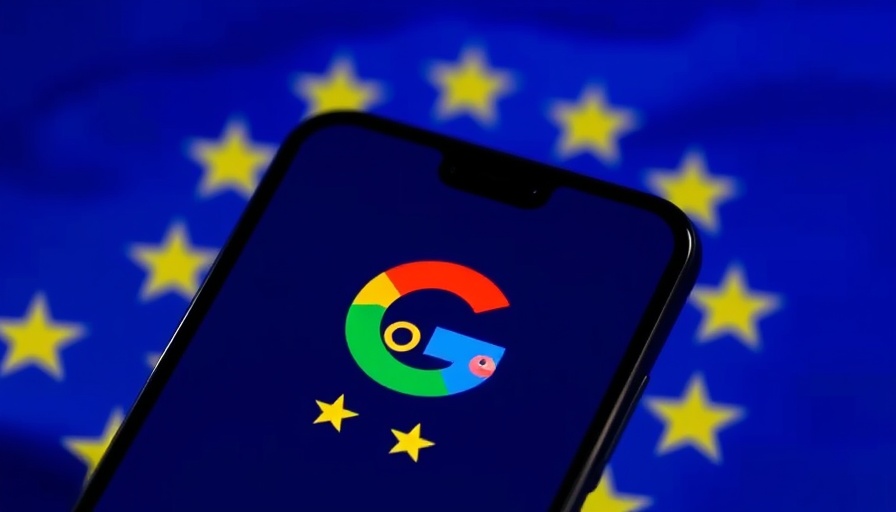
AI and Publishers: An Imminent Collision
The advent of artificial intelligence has caused a seismic shift in how content is discovered and monetized, leaving many publishers struggling to keep their heads above water. According to Norine Rogers, founder of Norine’s Nest, the phenomenon of zero-click AI searches has wreaked havoc on traffic and revenue for publishers of all sizes. With a reported 48% drop in income compared to last year, she symbolizes the wider industry turmoil brought on by unregulated AI scraping.
The Zero-Click AI Effect
This new search dynamic challenges the traditional online publishing model, creating a unique threat not just to small businesses but also to established media giants. The implications are ominous: as AI entities like ChatGPT, Gemini, and Perplexity crawl through paywalled content without compensation, they effectively undermine the entire paywall model proposed by publishers. Why would consumers subscribe when they can obtain similar or identical information for free?
Call for Regulatory Support
Publishers are seeking proactive measures from lawmakers to level the playing field, and the urgency for action could not be clearer. Members of the IAB Tech Lab's AI Content Monetization Protocols Working Group and organizations like Mediavine are rallying around the notion that copyright laws must adapt to modern realities. Mediavine’s petition to the U.S. Copyright Office highlights the collective concern of the publishing community: without regulatory frameworks to address AI's exploitation of their content, the industry's future remains precarious.
Insights on Ad Revenue Disruption
For publishers reliant on ad revenue, the stakes are particularly high. As artificial intelligence continues to disrupt referral traffic, even gated or premium content can quickly become less valuable. Mediavine's Chief Revenue Officer, Amanda Martin, emphasizes the pressing need for immediate regulation. 'The damage being done by AI scraping and algorithm changes is happening so quickly that we don’t have years to wait for the market to correct itself,' she argues. If publishers don’t receive credit and control over their content, their future may be dictated by uncontrolled AI scraping.
The Urgency of Collective Action
As the clock ticks down for regulatory intervention, the sentiment among many publishers, like Rogers, is one of deep concern and skepticism. 'I don’t feel like regulators understand the urgency,' she reiterates. The longer it takes for lawmakers to react, the more dire the situation becomes for small publishers aiming to compete against affluent tech giants. The landscape demands change, but it also calls for collective pressure from the publishing industry to ensure these issues remain front of mind for regulators.
Moving Forward: Strategies for Publishers
Looking ahead, what might an equitable framework for publishers look like? It likely includes strategic collaborations between legislators and the publishing community to create a baseline of protections that recognize the unique challenges posed by AI in the digital landscape. Effective lobbying for copyright reform may empower publishers and ensure they can maintain their operations in an AI-dominated environment. Publishers must harness the power of community and advocacy to reshape the conversation around AI and intellectual property.
This situation represents a critical moment for publishers to act decisively. Building alliances with fellow stakeholders, advocating for clear regulations, and adopting innovative monetization strategies could provide a pathway to survival. The message is unequivocal: the time for action is now.
 Add Row
Add Row  Add
Add 



Write A Comment